HPE Discover 2019: The future is 'as a service'
CEO Antonio Neri goes all in with consumption-based business model

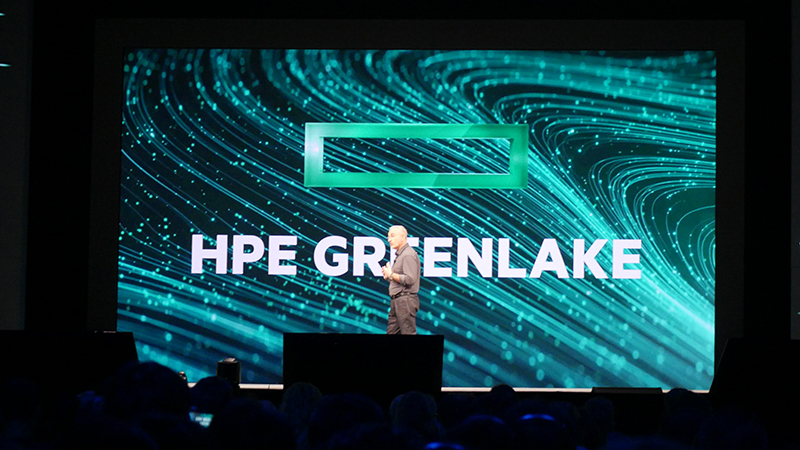
Sign up today and you will receive a free copy of our Future Focus 2025 report - the leading guidance on AI, cybersecurity and other IT challenges as per 700+ senior executives
You are now subscribed
Your newsletter sign-up was successful
There was a time, not that long ago, when "as a service" was a dirty word (or phrase) among traditional IT vendors. It seems now, however, that Hewlett Packard Enterprise (HPE) can't get enough of it. Indeed, CEO Antonio Neri has declared that by 2022 HPE will be "a consumption-driven company" with its entire portfolio offered as a service.
"In the near future, we believe everything will be delivered as a service," said Neri during his keynote presentation. "More and more of you tell me that you don't want to spend resources managing your infrastructure, whether on the edge, in the cloud or in the data centre. You just want a place for your application data and your business applications. You want to be the service provider, growing your enterprise and HPE wants to help you deliver that experience."
Indeed, attendees at this year's Discover conference in Las Vegas can barely move for mention of GreenLake, the company's pay-per-use scheme that was announced all the way back in November 2017.
According to Neri, it's HPE's fastest growing business, with 600 customers, a 99% renewal rate and contributing more than $2.8 billion in total contract value.
Following, or perhaps driving, this trend, the company is making a hard pivot towards encouraging customers to move towards "as a service" model and persuading partners to sell it.
According to several sources, this latter portion has been rather difficult, which is perhaps why GreenLake has been lying low for the past 18 months.
Services in consumption's clothing?
Amid all the lauding of GreenLake at the conference PointNext, HPE's service business, was notable by its absence. Almost two whole days passed without it being mentioned and even in the keynote its name only passed executives' lips a smattering of times.
Sign up today and you will receive a free copy of our Future Focus 2025 report - the leading guidance on AI, cybersecurity and other IT challenges as per 700+ senior executives
In a move to a consumption-based business model, this seemed rather a strange oversight. Could it be, as IT Pro sources suggested, that GreenLake is, in fact, PointNext in disguise?
Well, not quite according to Flynn Maloy, VP of marketing for PointNext.
"We are the proud parents of GreenLake," he tells IT Pro. "But when we named GreenLake 18 months ago, we didn't name it PointNext GreenLake. Our vision was that this needs to become the company thing. Servers are a part of it, storage is a part of it, Aruba is a part of it and services are a part of it.
"We deliver it, we sell it, so the services organisation is really where GreenLake comes from. But when we sell a GreenLake deal I actually the majority of the revenue is the servers and the storage, which means it's the hardware that's the majority of the revenue. So when you think of GreenLake, you should think that PointNext is just one of the components you get in the deal."
"But if you're going to consume something, you know, it's the services team that's actually delivering it to you," he concludes.
Consumption-driven, but not consumption only
It would be something of a surprise if a big beast like HPE had really abandoned their traditional business model of selling boxes on a perpetual basis. After all, it's survived the explosion of cloud despite predictions some six or seven years ago that legacy vendors were about to go the way of the dodo.
So, while the GreenLake branding has been everywhere and "as a service" is very much the mantra of this conference (along with cloud-to-edge), customers can very much still go off and buy HPE hardware in a traditional way.
Scott Sinclair, senior analyst with ESG, tells IT Pro that this dual-pronged approach makes sense not just from the point of view of HPE but also its customers.
"Things like GreenLake are incredibly compelling," he says. "We've been talking about simplicity forever - it's almost a clich. But this conversation has changed. Before what we talked about was a box, but now simplicity needs to be looked at from an overall IT perspective, including data centre and hybrid cloud. [The GreenLake 2022 promise] means that if I commit to transforming my finance team to be able to accept these subscription models, I can get everything that way."
"But we know there's a decent percentage of organisations where their internal finance team are not set up to consume on premises structure as a service," he explains.
While those finance teams undergo this kind of transformation, or until Neri manages to capture their "hearts and minds" and persuade them it's a good idea, the continuation of traditional selling is both necessary and inevitable.

Jane McCallion is Managing Editor of ITPro and ChannelPro, specializing in data centers, enterprise IT infrastructure, and cybersecurity. Before becoming Managing Editor, she held the role of Deputy Editor and, prior to that, Features Editor, managing a pool of freelance and internal writers, while continuing to specialize in enterprise IT infrastructure, and business strategy.
Prior to joining ITPro, Jane was a freelance business journalist writing as both Jane McCallion and Jane Bordenave for titles such as European CEO, World Finance, and Business Excellence Magazine.
-
 PayPal poaches HP’s Enrique Lores in surprise CEO appointment
PayPal poaches HP’s Enrique Lores in surprise CEO appointmentNews The veteran tech executive will lead the payments giant into its next growth phase amid mounting industry challenges
-
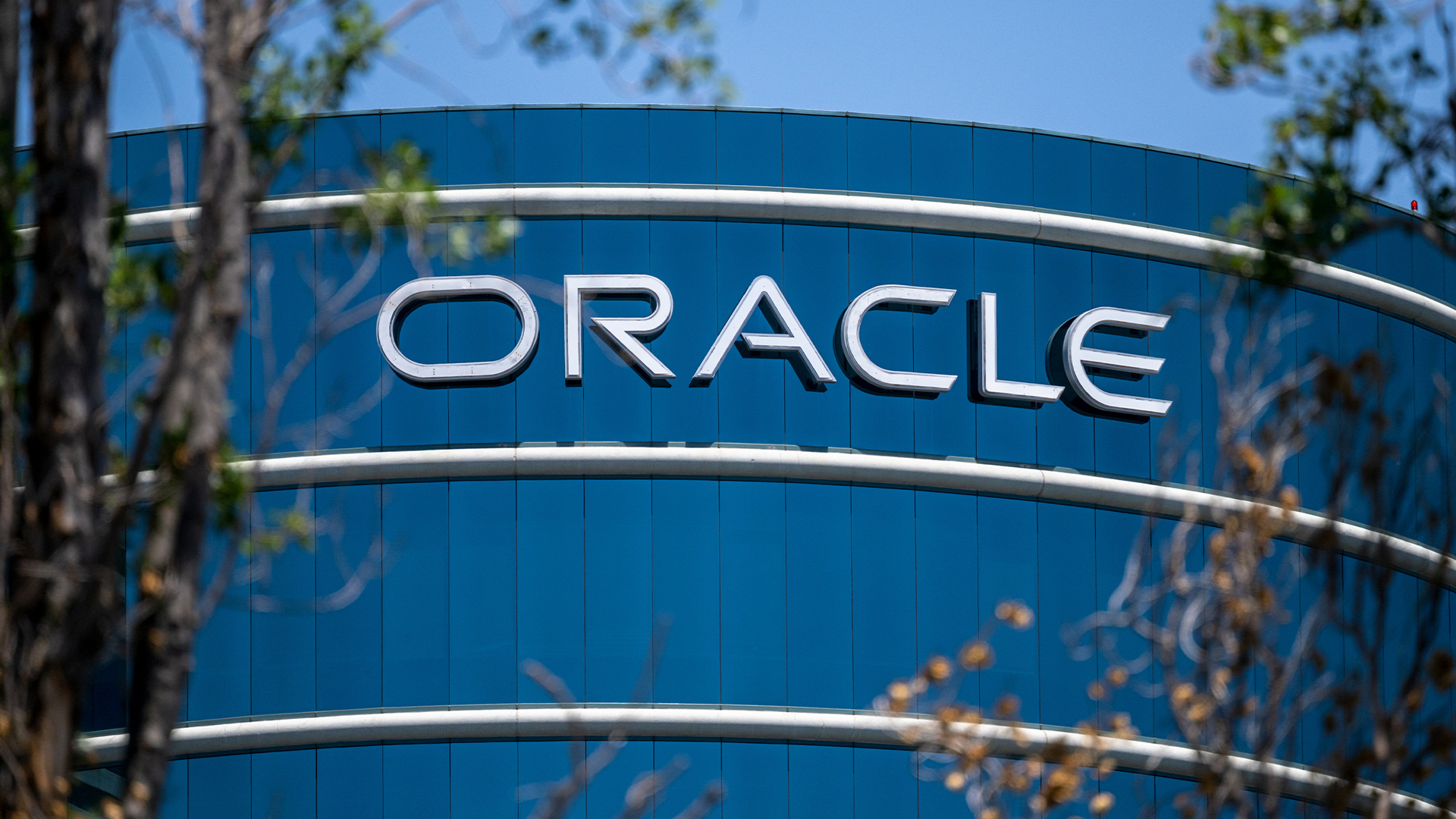 Oracle targets financial services gains with new agentic AI suite
Oracle targets financial services gains with new agentic AI suiteNews The cloud giant has unveiled a new series of agents for retail banking providers
-
 IDC: The business value of IBM Maximo
IDC: The business value of IBM MaximoWhitepaper Integral to the transformation of asset management
-
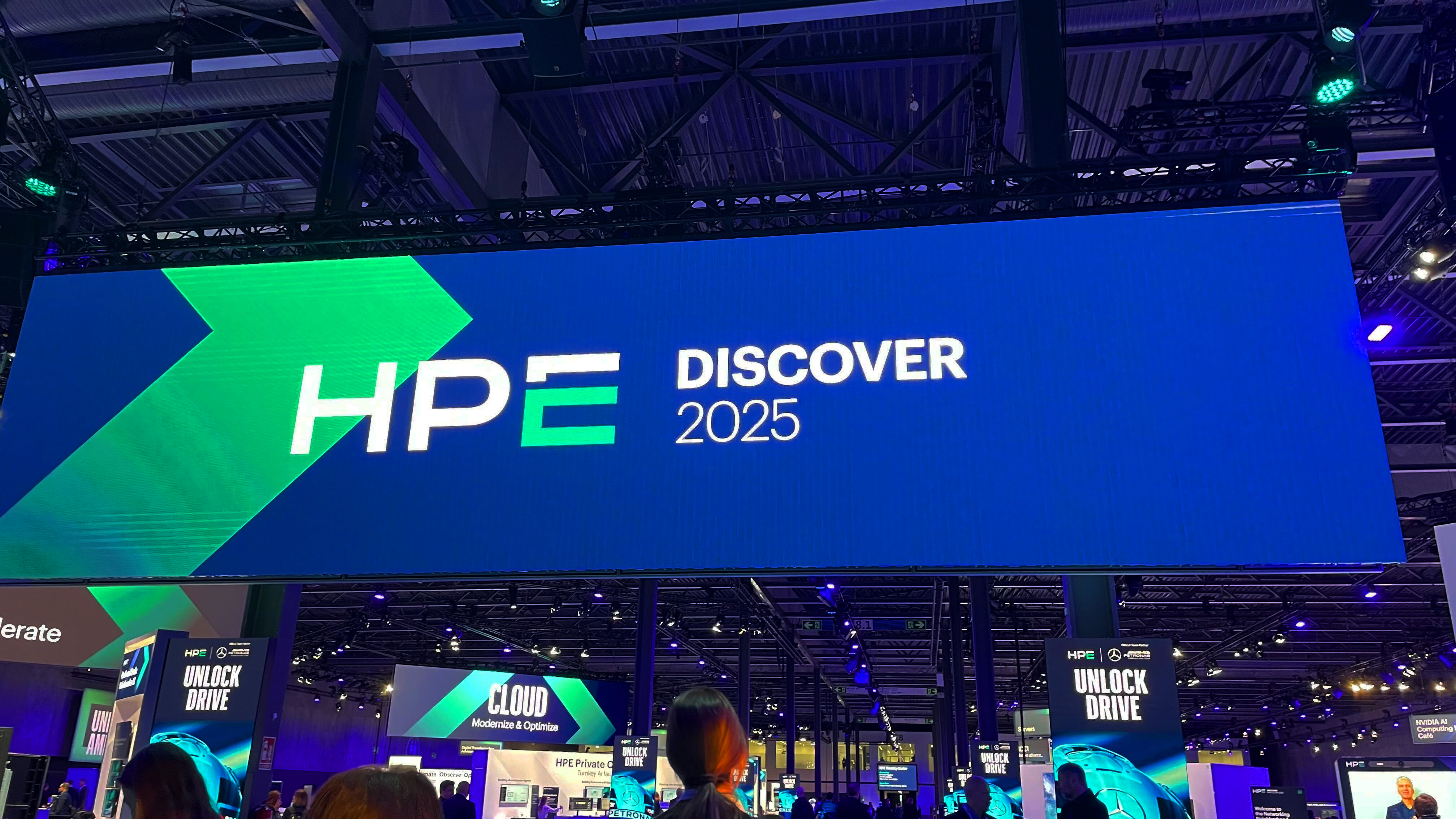 HPE says unified channel strategy won't force Juniper partners to generalize
HPE says unified channel strategy won't force Juniper partners to generalizeNews Does the company embrace specialists or want a full portfolio push? The answer, it seems, is both
-
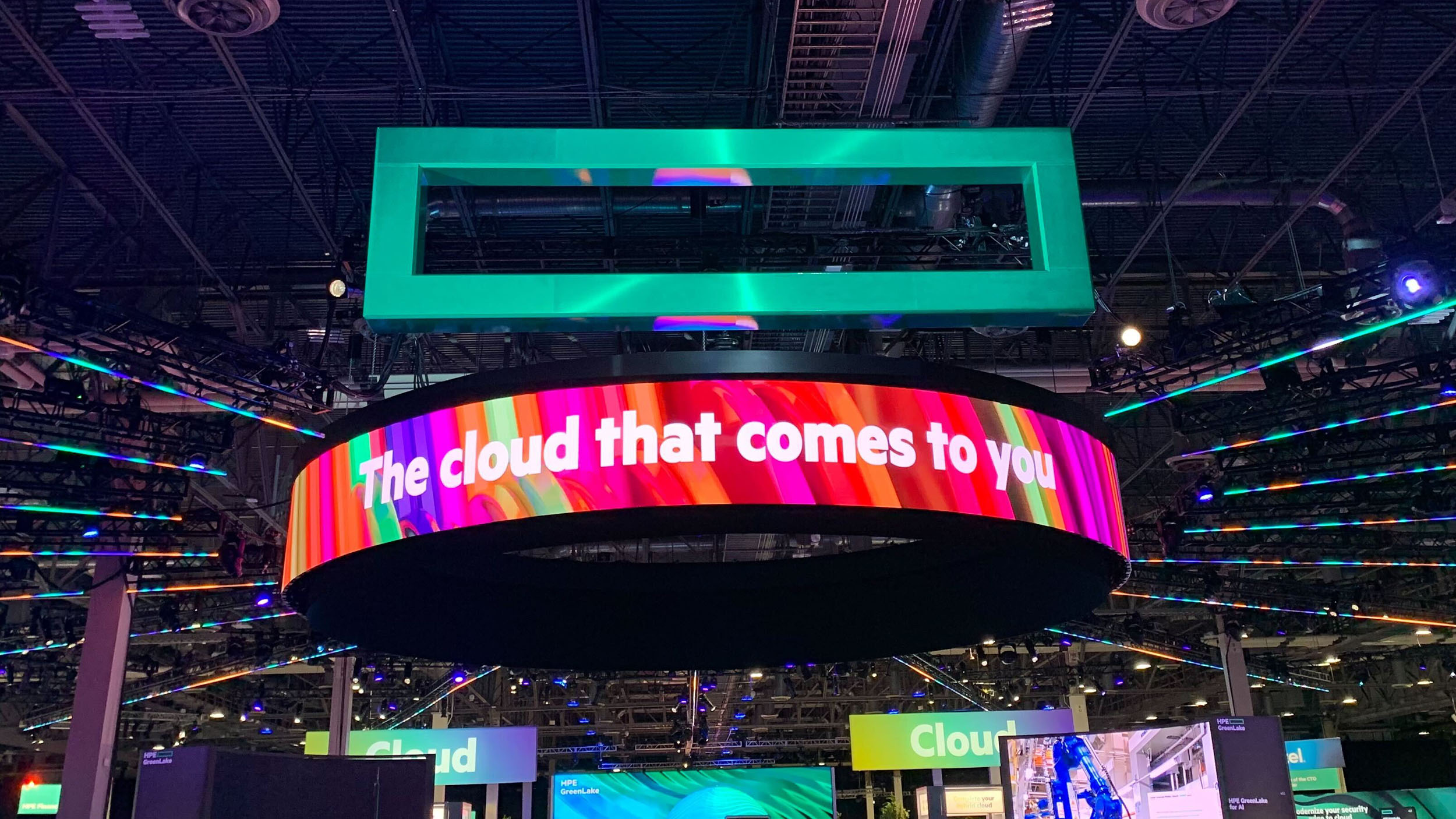 Three things I expect to see at HPE Discover Barcelona 2025 (and two I don’t)
Three things I expect to see at HPE Discover Barcelona 2025 (and two I don’t)Analysis With the conference kicking off at the Fira Barcelona next week, here are some things to look forward to
-
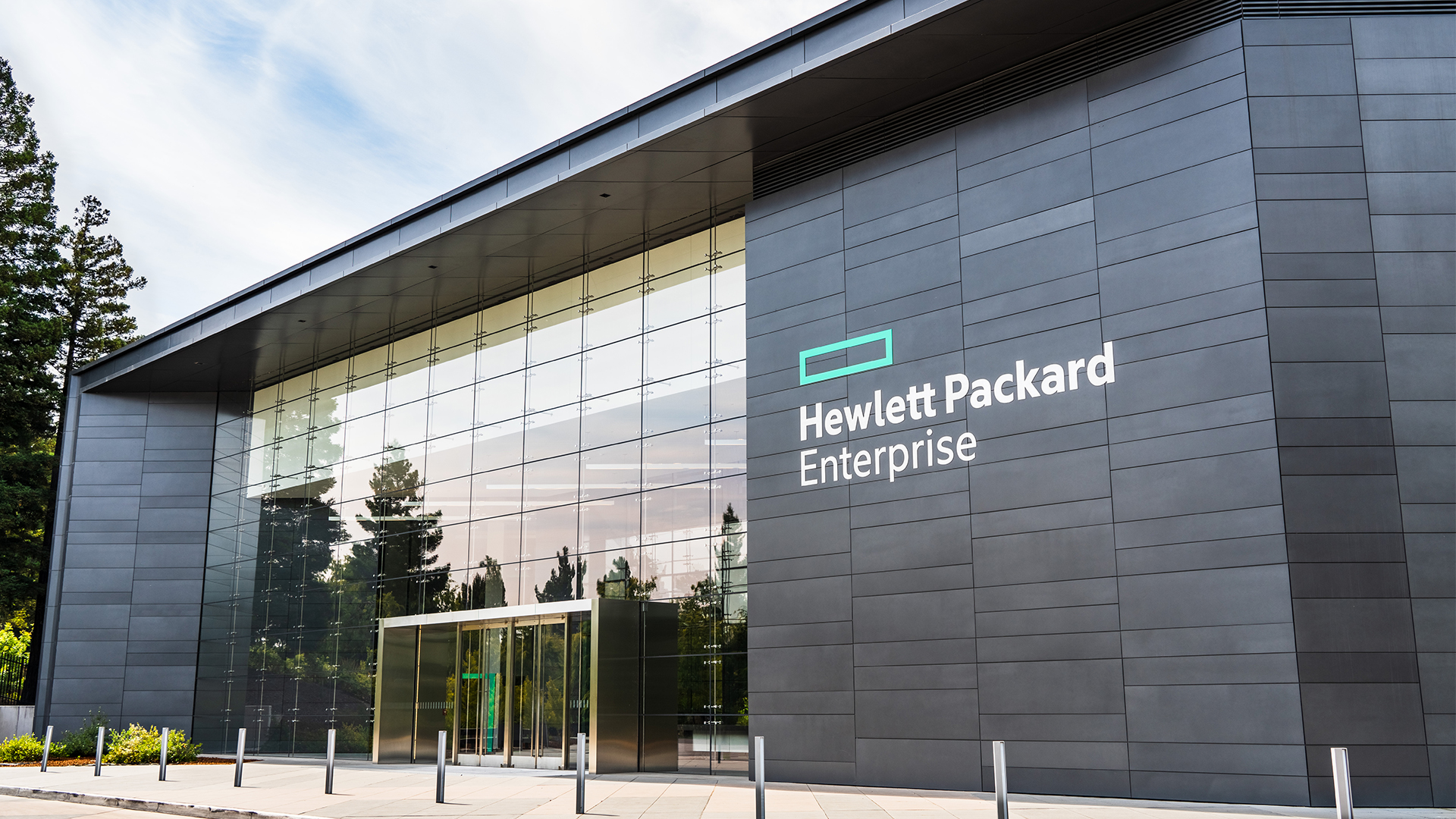 HPE launches first phase of new-look Partner Ready Vantage program
HPE launches first phase of new-look Partner Ready Vantage programNews The IT giant’s freshly unified channel initiative combines its legacy programs into a single framework
-
 UK firms are pouring money into AI, but they won’t see a return on investment unless they address these key issues
UK firms are pouring money into AI, but they won’t see a return on investment unless they address these key issuesNews An SAP report projects increased AI investment, but cautions that too many organizations are taking a fragmented approach
-
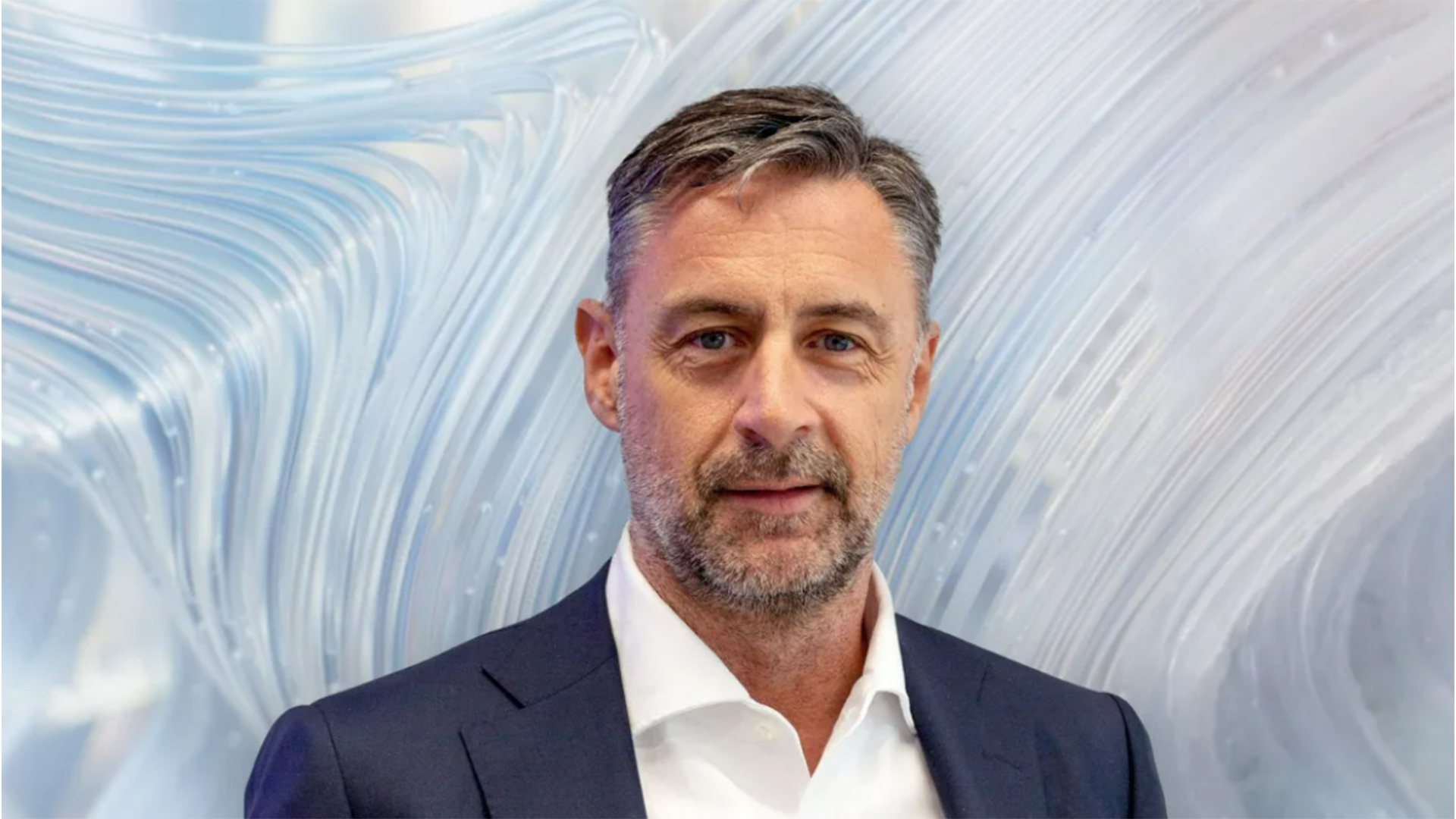 HPE names Phil Mottram as new global sales chief
HPE names Phil Mottram as new global sales chiefNews Mottram succeeds HPE veteran Heiko Meyer who is retiring after 38 years with the tech giant
-
 Intel makes high-level hires while factory workers are warned of layoffs
Intel makes high-level hires while factory workers are warned of layoffsNews The company is appointing four senior executives as part of efforts to refocus on engineering and customer relationships
-
 UiPath names Simon Pettit as new AVP for UK and Ireland
UiPath names Simon Pettit as new AVP for UK and IrelandNews The seasoned leader will spearhead region-specific transformation projects as UiPath looks to drive operational growth and customer engagement